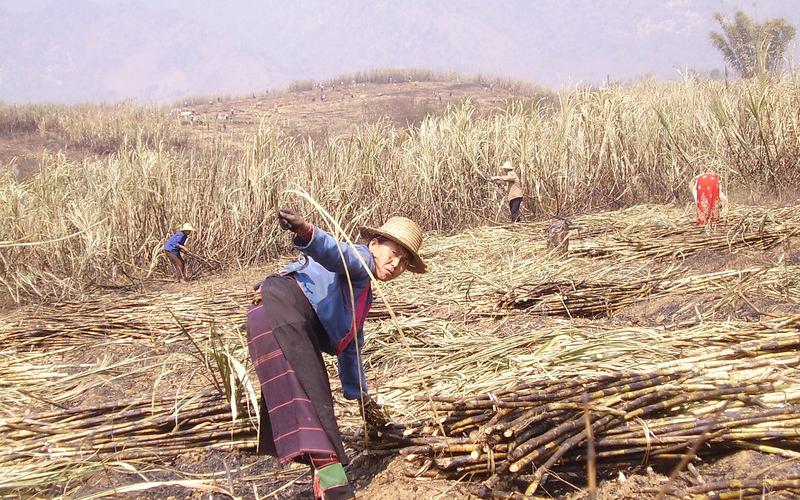Enhancement of Human Security for the Muslim Resident Population and Other Vulnerable Persons in Northern Rakhine State
Duration: May 2010– March 2013
Budget: US$4,108,280
Implementing Agencies: UNHCR (lead), WFP, FAO, UNDP
The northern Rakhine State is one of the poorest regions of Myanmar and home to Muslims and Buddhists from several ethnic groups. The lack of integration and communication among the ethnic groups in the region has fueled discrimination, exclusion and, in certain instances, large-scale out-migration of minority communities as a result of inter-community violence. Muslim and Buddhist residents alike are experiencing food insecurity, poor access to basic public services, low educational attainment, overall poor health status, and weak employment prospects.
This programme seeks to address the complex and interconnected set of factors hindering poverty reduction and undermining human security for the residents in Maungdaw, Buthidaung and Rathedaung townships in northern Rakhine State. While Muslim residents face additional constraints due to lack of formal citizenship, the programme targets the entire community inclusively, aiming to (i) improve access to public services, including health care, clean water and primary education; and (ii) empower communities to work towards minimum living standards and social cohesion through capacity-building activities and support to livelihoods.
KEY MATERIALS
Programme Summary

